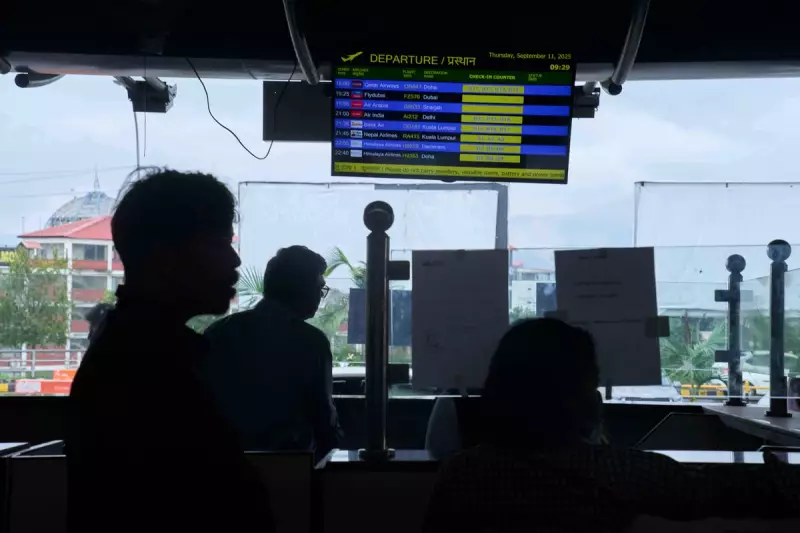
In a decisive move that has sent ripples across the Himalayan nation, the Nepali government has officially banned the popular social media platform TikTok. The decision, announced by the country's cabinet, frames the Chinese-owned app as a significant threat to the nation's social fabric.
Prime Minister Khadga Prasad Oli's administration declared that TikTok's content was consistently "disruptive to social harmony, goodwill, and family structures". This aligns Nepal with other governments in the region, notably India, which have taken similar hardline stances against the short-video sharing app.
Mounting Pressure and Official Justification
The ban culminates weeks of mounting pressure. Nepal's authorities had been increasingly vocal about the platform's role in spreading malicious content. Officials reported that a staggering 1,647 cybercrime cases linked to TikTok had been registered in just the last four years, creating a compelling argument for its removal.
In a statement to Reuters, government spokesman Rekha Sharma solidified the official position, stating the ban was enacted "as it was necessary to regulate the use of the social media platform that was disrupting social harmony".
A Regional Trend of Scrutiny
Nepal's action places it firmly within a broader South Asian trend of scrutinising TikTok. The most significant precedent was set by India, which implemented a wholesale ban on the app and several other Chinese platforms in 2020 following a deadly border clash between the two nations.
While Nepal's stated reasons are centred on domestic social harmony, the move reflects growing apprehension among neighbouring countries regarding the influence and data-handling practices of major Chinese tech firms.
The immediate effect of the ban means millions of users in Nepal will no longer be able to access TikTok, a platform that had become a source of entertainment, news, and income for many content creators. The government has indicated it is working on stricter regulations for all social media platforms operating within its borders, suggesting this may be the first step in a wider crackdown on digital content.





